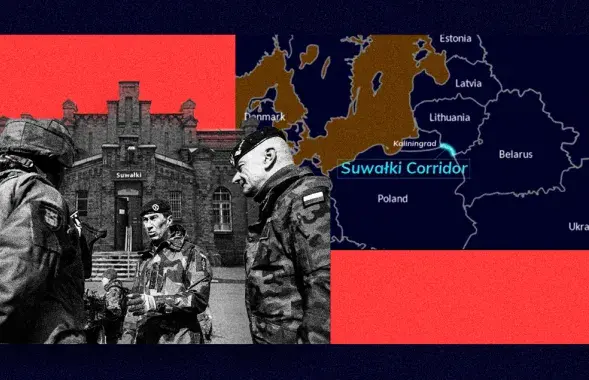Italy keen to protect Belarusian officials from sanctions
At a high-level meeting of EU diplomats in Brussels on January 7, Rome came out against proposals to impose an EU travel ban on Alyaksandr Lukashenka and officials involved in the beatings and arrests of opposition candidates, pro-democracy demonstrators and bystanders after presidential elections in Belarus. Tut.by informs about it referring to the Brussels edition EUOBSERVER. The travel ban imposed on the Belarusian authorities by the EU member states is meant here.
"They are a bit alone on that," one EU diplomatic contact said. "Their traditional argument is that these kinds of sanctions have never been effective and that it is important to keep channels open even with the bad guys."
According to another diplomatic contact, the meeting participants agreed on three priority tasks: releasing political prisoners, supporting the civil society and making sure the people guilty of the crimes are punished. However, the participants of the discussion did not reach any agreement when it came to the means of achievement of the goals.
"Italy is the most adamant anti-sanctions EU country, but there are also others on the more cautious side ... Spain, Portugal," the Brussels source added. "Germany, Poland, Sweden and the UK are saying: 'Yes. We have tried hard to create a dialogue with Belarus. But now we have to react hard as well'."
"They are a bit alone on that," one EU diplomatic contact said. "Their traditional argument is that these kinds of sanctions have never been effective and that it is important to keep channels open even with the bad guys."
According to another diplomatic contact, the meeting participants agreed on three priority tasks: releasing political prisoners, supporting the civil society and making sure the people guilty of the crimes are punished. However, the participants of the discussion did not reach any agreement when it came to the means of achievement of the goals.
"Italy is the most adamant anti-sanctions EU country, but there are also others on the more cautious side ... Spain, Portugal," the Brussels source added. "Germany, Poland, Sweden and the UK are saying: 'Yes. We have tried hard to create a dialogue with Belarus. But now we have to react hard as well'."



















